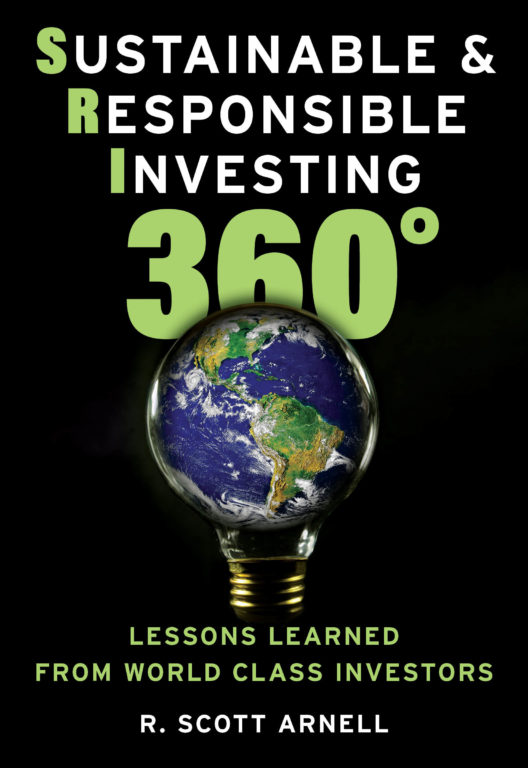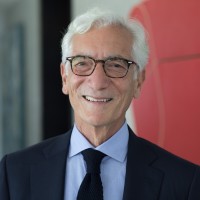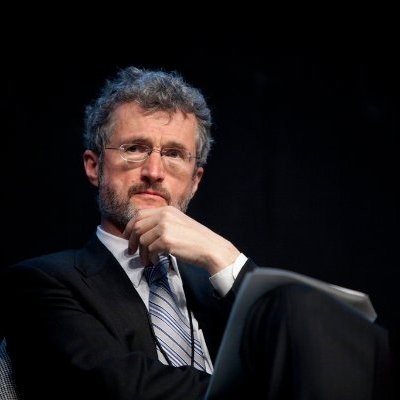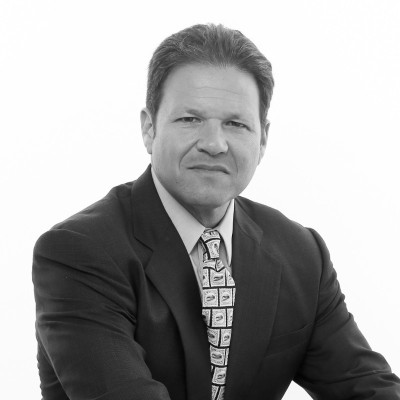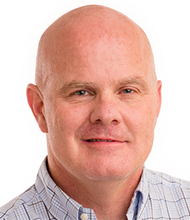
“Intentionality is the through line of the inclusive investing framework. ”
— Nasir C. Qadree
In this episode, I’m talking with Nasir Qadree, Founder and Managing Partner of Zeal Capital Partners — a Washington, D.C. – based inclusive investment venture capital platform that partners with diverse teams to narrow skills, wealth, and health gaps.
In fact, Nasir doesn’t call Zeal a fund. He calls it a platform for change. And once you hear Nasir’s story, that phrase makes perfect sense.
He grew up in Atlanta, raised between two worlds.
His mother was an administrative assistant, often working multiple jobs to make ends meet. When she couldn’t provide something, she supplemented it through nonprofit programs.
His father, meanwhile, was a successful real estate investor whose holiday parties brought together Atlanta’s elite — from John Lewis to Shirley Franklin. As a kid, Nasir would stand by the front door, collecting coats and watching power move through the room.
One night, he’d be surrounded by political, business, and entrepreneurial titans. The next morning, he’d be back in his mom’s neighborhood, riding the city bus past the literal railroad tracks that divided his city.
The duality sharpened his sense of what’s possible — and who gets left behind. It also taught him to lead with humility and integrity.
Back home, they still call him Little Spoon — a nickname from friends who knew him long before Wall Street. He’s held plenty of titles since, but that one feels like the real badge of honor. He never forgot where he came from, or the people who helped shape him there.
Education became his bridge to the world of possibilities.
He spent high school commuting nearly 90 minutes each way to Dunwoody, a school where 100% of students went to college. Later, he enrolled at Hampton University — an HBCU known for producing Black leaders.
There, he experienced what it meant to belong in a room full of Black excellence — people who looked like him and thought bigger than the world expected. The unspoken message was clear: You can go further.
After college, he entered finance in 2008. At Goldman Sachs during the financial crisis, he sat on the muni bond desk — learning to model, build relationships, and stay grounded in values. He later joined State Street in Boston, where he deepened his fluency in the markets.
But he felt this wasn’t the whole story.
The shift to impact started slowly, with a coffee shop he co-owned in the West Village — an informal hub for edtech founders. There, he realized he wanted more than returns.
A fellowship with Education Pioneers led to a data role in Connecticut’s Department of Education, then to Village Capital, where he led global edtech investments. At AT&T, he managed a $400 million impact portfolio.
By 2020, he was ready to build something of his own.
He launched Zeal right in the middle of the pandemic, driven by a clear but radical idea: the way we allocate capital is broken. Too much money ends up in too few places — and in the hands of too few people.
Zeal’s answer is inclusive investing: a five-pronged framework that reimagines how, where, and who we invest in — starting with building diverse fund teams, backing overlooked founders, expanding beyond traditional VC hubs, focusing on sectors that drive economic mobility, and measuring real-world impact.
It focuses on three key areas for driving systems change: fintech, health equity, and the future of learning and work. But this isn’t about feel-good metrics. Zeal targets 3–4x net gross returns and outperformance.
Nasir believes — and the data supports — that diverse teams outperform because they see more. They solve bigger problems. And they go where others don’t. Zeal now has $186 million in assets under management, with a growing reputation as one of the boldest emerging managers in the country.
And for Nasir, this is personal. When he sits across from a founder who’s been overlooked, he sees Little Spoon — someone who’s been on both sides of the tracks and deserves to belong in every room.
And that belief isn’t just his mantra. It’s Zeal’s entire investment thesis.
Tune in to hear how Nasir is rewriting the rules of venture capital — and why inclusion isn’t charity. It’s a profitable strategy.
Listen to the episode on Apple Podcasts, Spotify, Overcast, Podcast Addict, Pocket Casts, Castbox, YouTube Music, Amazon Music, or on your favorite podcast platform. You can watch the interview on YouTube here.
What was your favorite quote or lesson from this episode? Please let me know in the comments.
SCROLL BELOW FOR LINKS AND SHOW NOTES…
ADDITIONAL RESOURCES:
- Connect with Nasir: LinkedIn, Instagram
- Zeal Capital Partners on LinkedIn, Instagram, X (Twitter)
- Zeal Capital Partners website
- Kauffman Foundation’s white paper: ‘Access to capital for Entrepreneurs: Removing Barriers’
- ‘Race Influences Professional Investors’ Financial Judgments’
SHOW NOTES:
[00:00] Introduction
[00:00] Dual upbringing in Atlanta shaped Nasir’s worldview
[05:43] Nasir’s education journey
[12:01] A baptism by fire at Goldman Sachs and State Street Bank
[16:53] Transitioning to education: A gateway to venture capital and impact investing
[19:36] Joining Village Capital
[21:25] Moving to AT&T to lead their $400M social investment fund
[25:45] Founding Zeal Capital Partners at the beginning of the pandemic
[29:44] Zeal Capital Partners – a high-level overview
[40:52] 3 key themes: fintech, the future of learning and work, and health equity
[48:53] Zeal’s five-prong inclusive investing framework explained
[01:01:18] Talent is everywhere, but opportunity is not
[01:03:28] How Zeal delivers impact without sacrificing returns
[01:08:42] Assessing founders: Key traits and red flags
[01:11:26] Investment strategy and process
[01:14:03] Post-investment support through four principles
[01:17:50] Partnerships and future vision
[01:21:54] Nasir’s advice to his younger self
MORE NASIR C. QADREE QUOTES FROM THE INTERVIEW:
“At Zeal Capital Partners, we’re committed to a model that believes financial inclusion and wellness, health equity, and the future of learning and work are critical to the innovation economy. ”
— Nasir C. Qadree
“I’d share this with any young person interested in becoming an investment professional: focus on building a solid skill set, growing your social capital, being thoughtful about meaningful networking, and saving your money – build some personal capital too. ”
— Nasir C. Qadree



